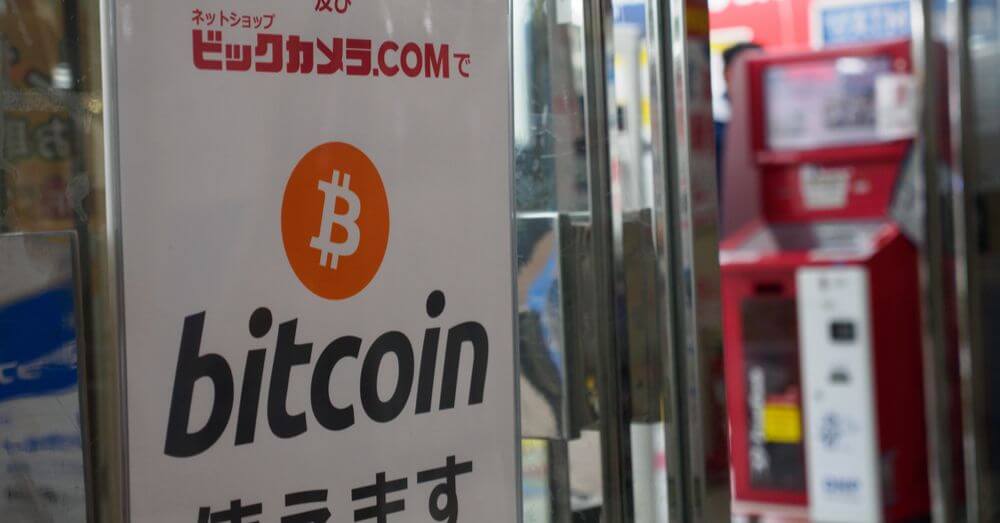
Deputy Prime Minister and Minister of Finance, Tarō Asō, is reluctant to tax cryptocurrency using the same parameters as stocks
Japan’s Deputy Prime Minister and Minister of Finance, Tarō Asō, has revealed he disagrees with the plan to lower the tax on cryptocurrencies to the same level as stocks.
During the Finance Committee of the House of Representatives, Asō said that there was no intention to reduce the tax on cryptocurrencies to 20%.
“Out of 1900 trillion yen [17.6 billion USD] financial assets held by households in Japan, around 900 trillion yen [8.4 billion USD] is now being held as cash deposits and that is abnormal.” Asō stated.
While the local digital currency industry is making significant strides, a lot of businesses and people still rely on cash. Despite Japan being the birthplace of cryptocurrency, it has been a challenge to encourage Japanese venture capitalists to invest their money in digital currency. This is allegedly why adjusting cryptocurrency tax rates is unnecessary.
Japan currently classifies digital currency revenue through transactions, mining and loans as miscellaneous income — and currently applies a tax rate of up to 55%. Conversely, a 20% fixed tax rate is imposed on profits from stocks.
The country strengthened its regulatory oversight on digital currency by introducing amendments to the Financial Production Transaction Act (FIEA) and the Payment Service Act (PSA). These amendments took effect at the beginning of May.
Through this legislation, the Japanese Government changed the name of cryptocurrencies to “crypto-assets”. They also lowered the crypto asset margin trading leverage from 4x to 2x.
Japan is one of a select few countries that have proactively been taking steps to develop its cryptocurrency sector. The country’s central bank is also looking into the possibility of launching a digital currency of its own. Coinidol, reported how the Bank of Japan has already started research on the potential for launching their own CBDC.
In February of this year, the Bank of Japan released a report indicating that the issuance and circulation of CBDC may trigger other important aspects of monetary structure as well as the economy, such as the banking institutions’ fund intermediation and the transmission mechanism of fiscal policy.
To mitigate this, Japanese financial regulators are continuing to reconsider relaxing some barriers such as taxation policies, and levelling the ground to increase the mass adoption of crypto assets and blockchain technologies by Japanese citizens.

